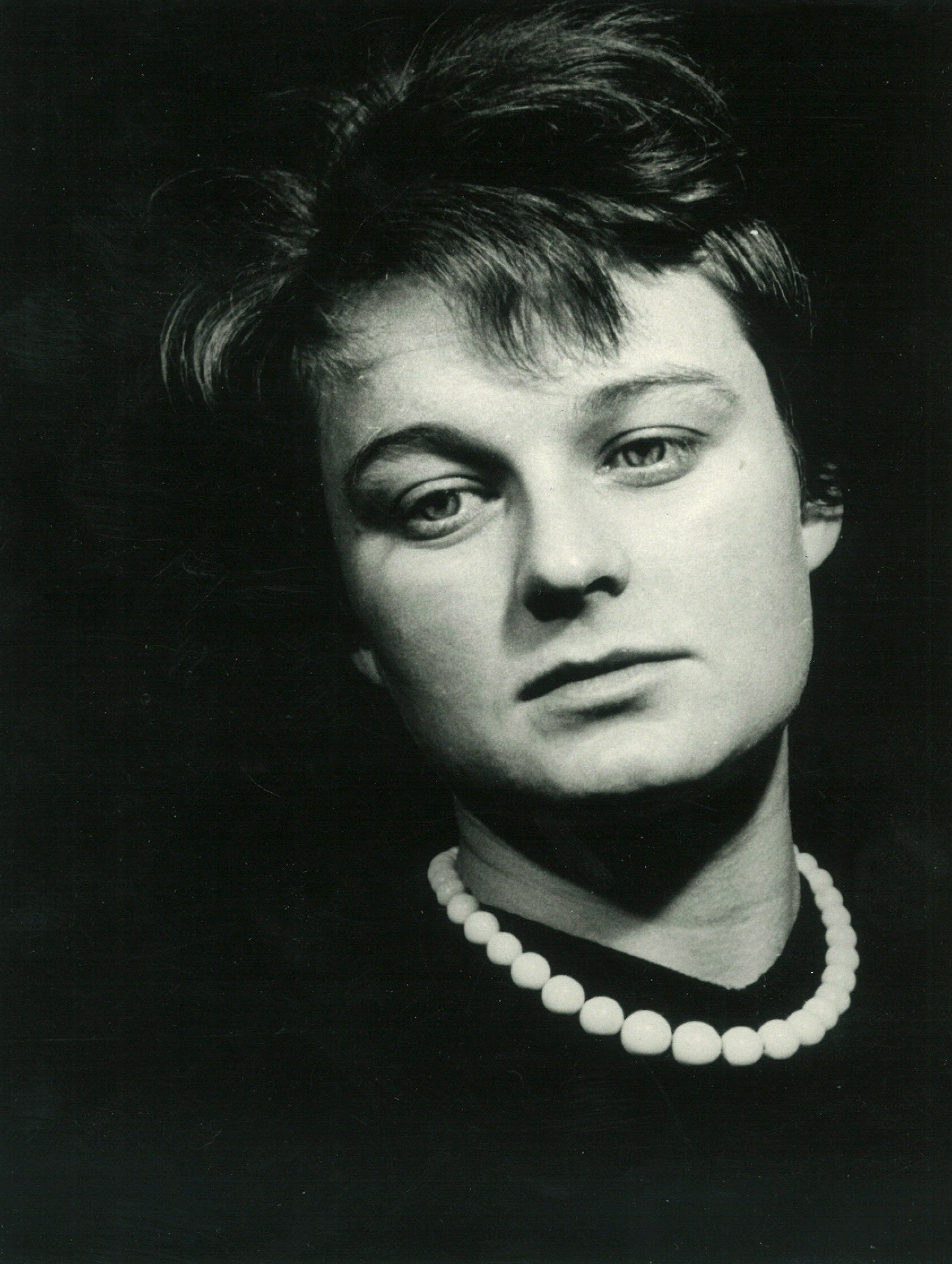I hung up the phone on Fidel Castro

Download image
Zuzana Holá was born on July 10, 1936 in Velká nad Veličkou. Her parents, Pavla and Vladimír Pavlík, decided to move to Brno soon after her birth, where Vladimír Pavlík got a job at the Zemská livestock insurance company. Zuzana Holá graduated from the secondary medical school, but found her first job in the unified agricultural cooperative JZD Komárov as an auxiliary agricultural worker. In 1955 she married Luboš Holý, later a well-known veterinarian. Thanks to his work at the University of Havana, she went to Cuba for the first time in 1964. In a foreign country, she learned perfect Spanish and after returning to Brno she earned a living as an interpreter. She eventually travelled to Cuba three times and found herself in many unexpected situations. For example, she interpreted for Gusta Fučíková at the World Women’s Congress in Havana, and her experiences in Cuba are also connected with Fidel Castro. In 2010, she compiled a Czech-Spanish dictionary, which is a summary of her interpreting experience. Zuzana Holá has lived her whole life with a congenital eye defect. This defect caused her to go blind for several years. In 2024, after her divorce from Luboš Holý and the death of her son Jiří, she lived alone in Brno.






